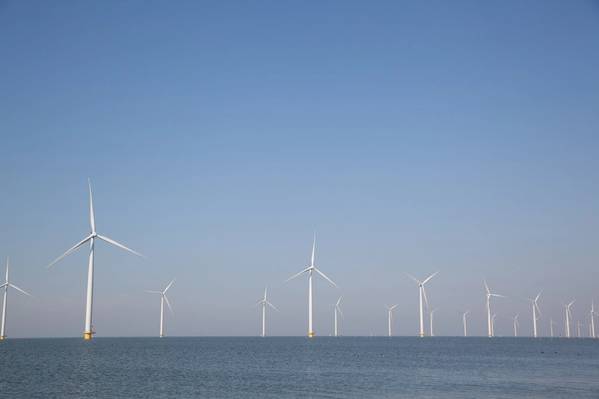
Norway's Equinor said on Thursday it had entered an agreement with BP BP.L to independently pursue separate wind projects under its bid for New York's offshore wind auctions.
As part of the agreement, BP would take over full control of the Beacon Wind project, while Equinor takes over the Empire Wind project, the Norwegian firm said.
"The agreement provides Equinor and BP with the flexibility to pursue their respective priorities under their corporate strategies," Equinor said.
New York State last year launched a new accelerated offshore wind solicitation in a bid to revive troubled projects and keep the state on track to meet its renewable energy goals.
The deadline for submitting proposals in New York's fourth large-scale offshore wind solicitation is on Thursday with awards expected in February.
Denmark's Orsted, Equinor and BP already have contracts to sell power in New York from offshore wind farms, but the new solicitation allows the companies to re-offer their planned projects at higher prices and exit their old contracts.
Taking 100% ownership in the Empire Wind projects and BP's 50% stake in an onshore terminal lease will result in capital spending to increase by around $1.2 billion in 2024 and by around $1.5 billion in 2025 before project financing, Equinor said.
The exit from Beacon Wind project and postponement of Empire Wind 2, however, would result in lower capital expenditure from 2027 to 2030, it added. While Empire Wind 1 was bidding into the latest solicitation, Empire Wind 2 will be matured for future rounds, Equinor said.
Equinor said it expected a combined reported loss estimated of around $200 million owing to the transaction, but would not impact its adjusted earnings. BP in a separate statement said it expects to recognise a pre-tax impairment charge of around $600 million in the fourth quarter 2023.
European energy companies have taken a combined $5 billion of writedowns on U.S. offshore wind projects that are not even completed, in part because their existing power sales contracts would not cover the cost of building and financing the projects.
(Reuters - Reporting by Stine Jacobsen and Kanjyik Ghosh; Editing by Krishna Chandra Eluri)